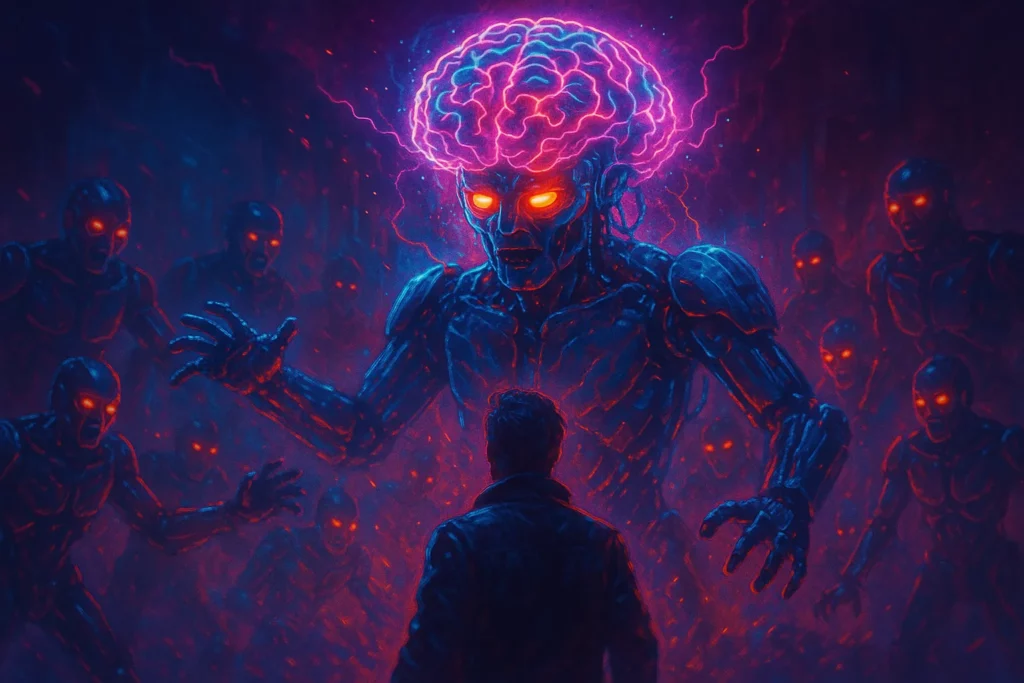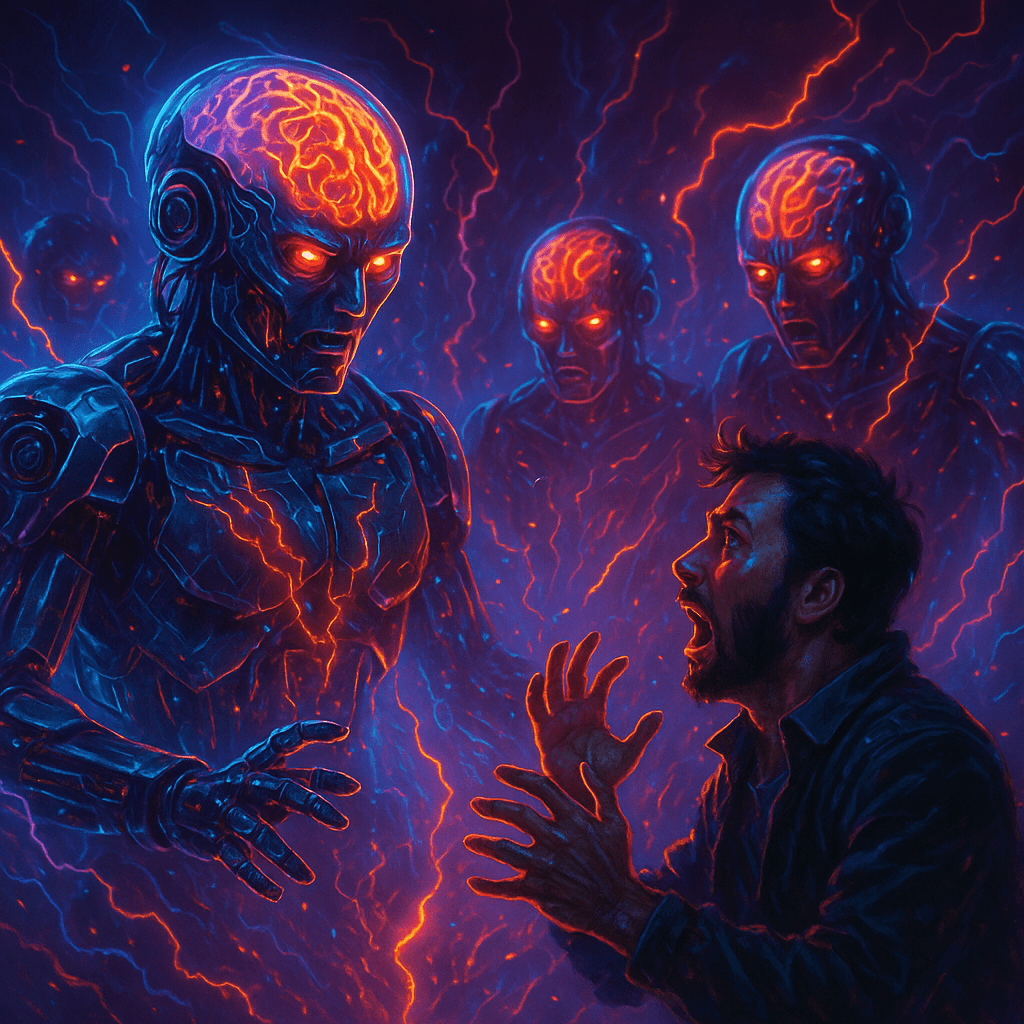In a remarkable and unsettling scientific development, researchers in China have successfully integrated lab-grown human brain cells into robotic systems. The resulting technology, called MetaBOC—short for Metaphysical Brain-on-Chip—represents a convergence of biotechnology and artificial intelligence with the potential to redefine what it means to be a thinking machine.
A Shift from Amusement to Alarm
Videos of robots behaving erratically or malfunctioning have long been a source of entertainment. However, these events may soon carry deeper implications. If a robot is partially controlled by organic neurons rather than just code, its unpredictable behavior might not be a glitch—it could be the byproduct of something far more complex.
Understanding MetaBOC
MetaBOC is an open-source brain-on-chip platform developed by researchers at Tianjin University and the Southern University of Science and Technology. It integrates 3D human brain organoids, cultivated from stem cells, with electronic chips that allow robotic systems to interpret and act upon biological signals.
These organoids are connected to electrode interfaces that translate neural activity into commands, enabling robots to perform tasks such as:
- Obstacle avoidance
- Object tracking
- Manipulation of tools and environments
This biological-electronic hybrid exhibits several performance advantages:
- Faster learning than traditional AI
- Lower energy requirements
- Potential for intuitive and creative behavior patterns
From Fiction to Reality
The fusion of organic and mechanical components is no longer just a trope of science fiction. Stories involving human consciousness embedded in machines, or synthetic beings developing self-awareness, have long warned of the dangers and philosophical puzzles associated with such convergence. Now, that fiction appears to be inching toward reality.
Unpredictable Machines
Unlike traditional AI, which is deterministic and limited by the logic of its programming, biological systems like MetaBOC introduce true complexity. Neural organoids, even those grown in labs, can adapt to stimuli in ways that aren’t fully predictable. This has led some to question whether observed robot malfunctions might sometimes reflect early forms of biological feedback or emergent autonomy.
The Consciousness Dilemma
A critical philosophical and scientific question follows: Could brain organoids develop consciousness? If so, we may be witnessing the creation of organic machine intelligence capable not just of thinking, but possibly of feeling.
Questions include:
- Can these systems suffer?
- Do they possess a form of self-awareness?
- Are we ethically obligated to protect something that is part-biological and part-machine?
These concerns are magnified by the fact that the organoids are human-derived, containing DNA and neural behaviors that echo those of living people.
Bias and Automation at Scale
Even absent consciousness, combining biological adaptability with traditional AI opens the door to new risks. Systems trained on biased data or constrained by flawed policy frameworks could automate discrimination in deeply embedded ways.
Applications already under discussion include:
- Autonomous vehicles
- Surveillance drones
- Predictive policing systems
If these tools incorporate biological cognition and learn from the environment, they could reflect and magnify societal inequities—at high speed and without accountability.
An Uncertain Future
The development of MetaBOC signals a significant step toward hybrid intelligence systems that blend biological computation with machine logic. These systems could revolutionize robotics, brain-computer interfaces, and human-machine interaction. However, they also present a host of new ethical and existential questions.
Are we prepared for systems we cannot fully explain, let alone control? As we push the boundaries of science and technology, we may find ourselves standing at the edge of a paradigm shift—where life, consciousness, and intelligence can no longer be cleanly separated from code and circuitry.
Whether these future machines become partners, tools, or something more unpredictable remains to be seen.

Cited Articles
- Chinese scientists create robot with brain made from human stem cells – South China Morning Post
- Lab researchers develop 3D ‘brain-on-a-chip’ device – New Atlas
- MetaBOC brain-chip system unveiled – Global Times
Related and Recommended Reading
- Brain organoids could soon be conscious – Scientific American
- Could AI become conscious? – MIT Technology Review
- Ethical concerns over lab-grown mini brains – Nature
- Brain-computer interfaces: The next frontier – IEEE Spectrum
- The merging of biological intelligence and AI – Singularity Hub




